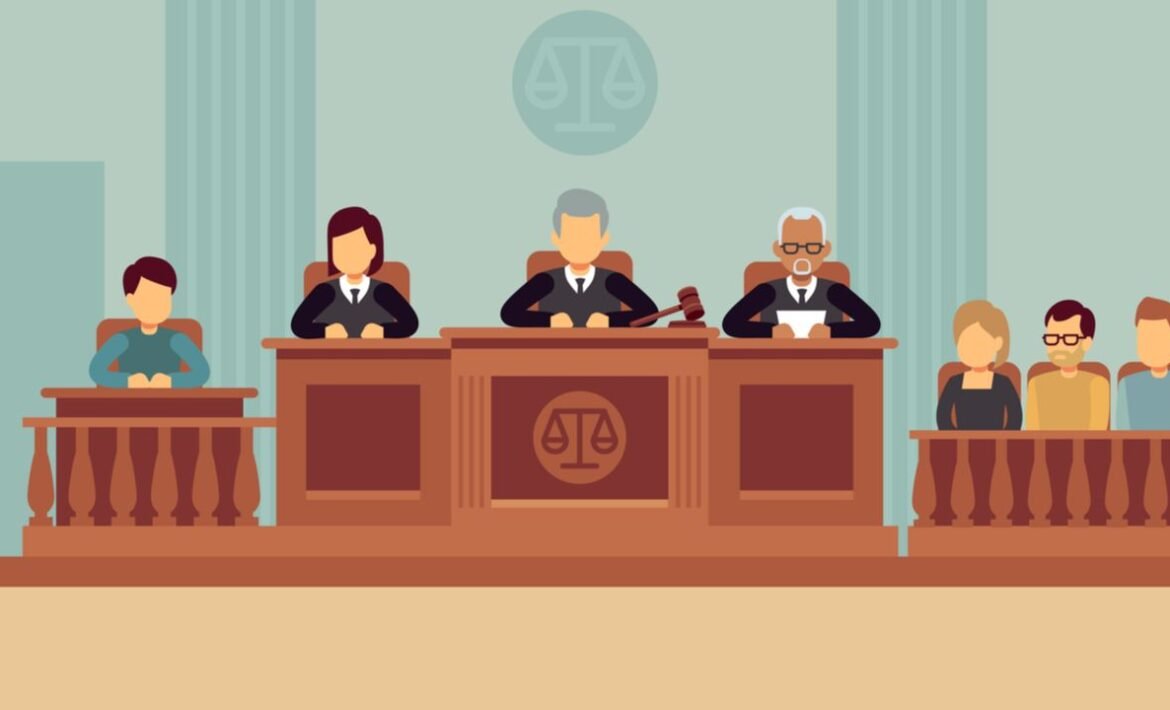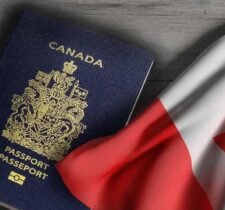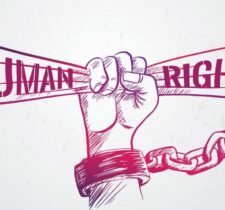Navigating police research may be a frightening reveal, however, understanding your rights is important to ensuring truthful treatment and defending yourself. In Canada, fundamental rights thatare observed att some stage in interactions with the police. Here’s what you need to understand:
The Right to Remain Silent
This properly ensures you do not incriminate yourself unintentionally. Politely kingdom, “I am working out my proper to stay silent” if puzzled.
The Right to Be Informed of the Reason for Detention
If you are detained or arrested, the police have to tell you directly of the purpose. This ensures transparency and allows you to apprehend the nature of the research.

The Right to Legal Counsel
You have the proper to speak to a lawyer without delay in case you are arrested or detained. The police have to inform you of this right and offer to get admission to felony aid if you do not have enough money for a lawyer. You can say, “I would like to talk to an attorney” and wait until you’ve consulted one earlier than answering additional questions.
The Right to Be Free from Arbitrary Detention
The police can’t detain you without reasonable grounds. If you consider you’re being detained without justification, lightly ask, “Am I loose to head?” If the solution is sure, you could depart.
The Right to Be Protected Against Unreasonable Search and Seizure
The police commonly need a warrant to look at you, your house, or your belongings. There are exceptions, which include searches performed throughout an arrest or whilst public protection is at threat. Always ask to peer the warrant and understand its scope before consenting to a search.
The Right to be Treated with Dignity and Respect
In Canada, everyone has the right to be treated on a non-discriminatory basis. If you have been mistreated, document what happened, and don’t forget to file a complaint with the appropriate oversight agency.
Useful Suggestions When Police Become Involved
Stay calm, cooperative, and polite. Do not “argue”‘, nor resist. Get all the applicable details of the interaction, including badge numbers and names.
Anytime you experience or see police misconduct, get legal advice, and you can make a report to a oversight body like the Office of the Independent Police Review Director (OIPRD).
The Right to be Protected from Unreasonable Search and Seizure
Normally the police must secure a warrant to search you, your home, property, etc. There may be exceptions when police execute searches in the context of an arrest, or if someone is in danger. If the police tell you they want to search your belongings, always ask to see a search warrant, and before consenting to any searches confirm what the police want to search.
The Right to be Treated with Dignity and Respect
Everyone in Canada has the right to be treated in a non discriminatory fashion and free from abuse. If you are mistreated make note of the area’s to include, and don’t forget to make a complaint to appropriate oversight body.
Practical Tips in Police Encounter
- Stay calm and deferential. Do not argue, nor resist even if you think the police are being unfair.
- Make a note of details of the interaction, including badge and name and locations.
If you experience or witness misconduct, speak to a lawyer and report to a police oversight body, such as the Office of the Independent Police Review Director (OIPRD).
Conclusion
Knowing your rights in police encounters in Canada allows you to act responsibly in the moment and protect your self legally. Always seek criminal advice where you have concerns or questions about a specific occurrence.








